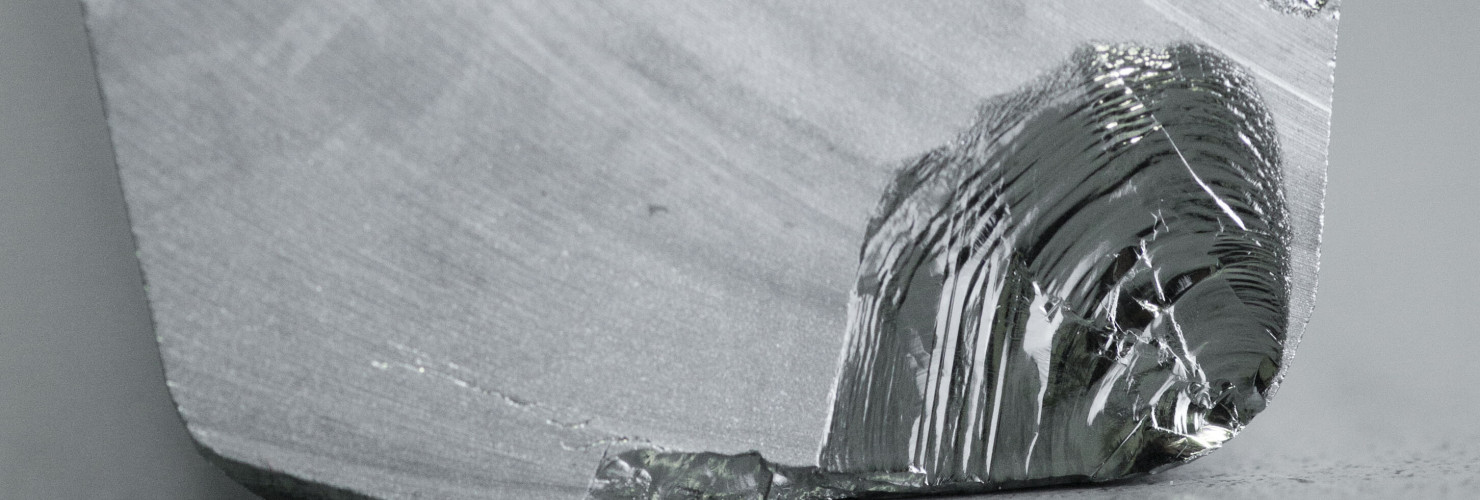China's recent expansion of export controls on rare earth elements (REEs) has significant implications for global supply chains, particularly in Europe. These measures, introduced as a response to geopolitical tensions and trade tariffs, target entire sectors rather than isolated items, disrupting not only U.S. supply chains but also those in Europe. The shift in Beijing's strategy reflects a broader ambition to maintain industrial dominance and innovation capacity, complicating efforts for European companies to develop independent capabilities. As China enforces these controls en masse, European industries face a precarious situation, reliant on uncertain access to critical materials essential for both civilian and defense applications.
To mitigate these risks, Europe must adopt a proactive stance in reducing its dependency on Chinese REEs. Implementing the Critical Raw Materials Act is crucial, as it would not only enhance European capabilities but also send a strong message to China regarding the consequences of trade weaponization. Policymakers should consider subsidies, regulatory support, and import quotas to encourage diversification of REE sources. While these measures may entail costs, the price of inaction would be far steeper, jeopardizing the stability of European industries and their competitive edge in the global market.






